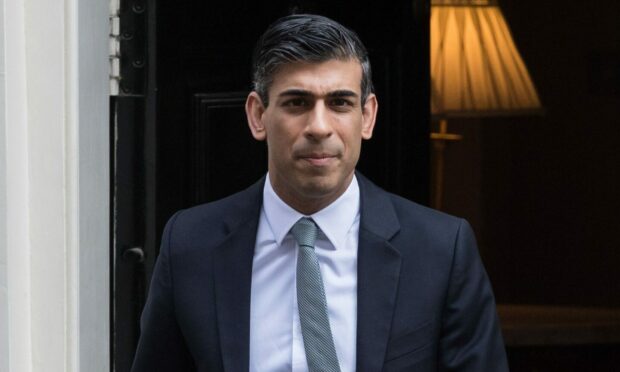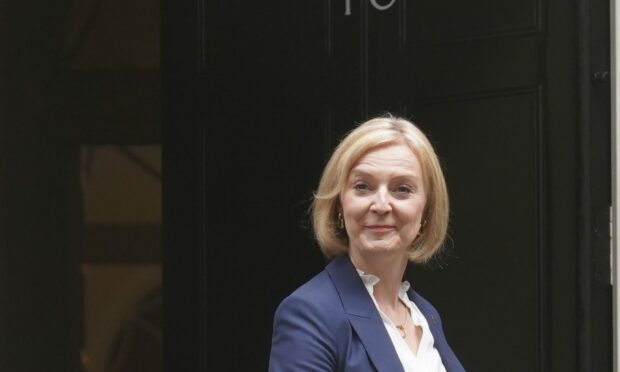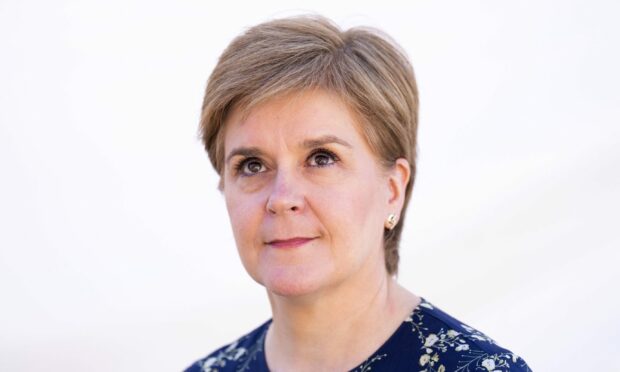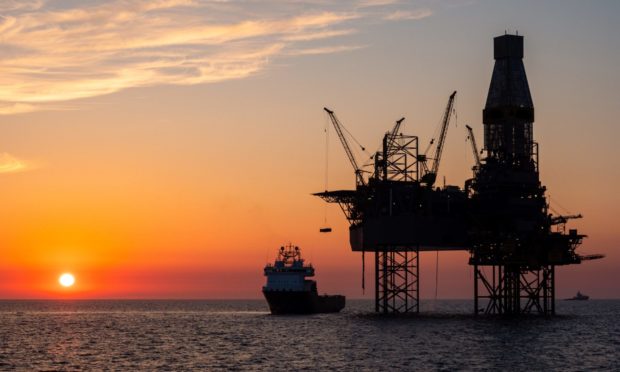Rishi Sunak has been chosen as the country’s next prime minster less than two months after losing out to Liz Truss for the top job.
The former chancellor won the backing of more than 170 Tory MPs and was given a major boost when Boris Johnson ruled himself out last night.
Here’s everything you need to know about Mr Sunak and what his premiership will mean for Scotland.
What are his key economic policies?
Mr Sunak’s immediate priority will be to get the economy under control after recent financial turmoil.
During the last leadership race, he was opposed to the sweeping tax cuts that Ms Truss promised to implement if she was successful.
The ex-chancellor will feel vindicated after warning voters her policies were irresponsible and could send interest rates soaring.
When still at the treasury, he announced a rise in corporation tax and national insurance.
At a Perth leadership hustings in August, Mr Sunak said he wants to cut income tax and VAT.
Professor Keith Bender, an economics expert at Aberdeen University, said Mr Sunak could help bring stability to the nation’s finances given his past experience as chancellor.
He said: “He will be seen at least by some quarters as a safer pair of hands that can calm the markets.
“The markets know who he is, where he’s coming from, they expect a calmer leadership approach, and I think the markets will respond positively.”
What’s his stance on independence?
Like the rest of his party, Mr Sunak is firmly opposed to a second independence referendum taking place in Scotland.
In Perth, he claimed it was “barmy” for the SNP to focus on an “unnecessary and divisive” vote.
Mr Sunak said: “I don’t want to just ignore Nicola Sturgeon, I want to take her on and beat her.”
His government could clash with Holyrood since he promised to bypass the SNP where possible.
Ms Sturgeon has had a frosty relationship with Mr Sunak’s predecessors and the two may find little common ground.
The SNP remain locked in a court battle with the UK Government over Westminster’s refusal to allow a referendum.
The first minister has demanded an election now Mr Sunak is prime minister.
What can the oil and gas industry expect?
Mr Sunak believes the UK should not completely abandon the oil and gas industry, despite the climate crisis.
When last in Scotland, he claimed fossil fuels could supply Scotland with energy for decades.
However, his support for the sector came under scrutiny in May when he imposed a windfall tax on profits made by oil and gas firms.
In a major U-turn, Mr Sunak announced a one-off raid on multinational companies so the government could fund a scheme to bring energy bills down.
Will he stick to Levelling Up?
One area where Mr Sunak could seek to invest directly in Scotland is through Levelling Up funding.
The scheme – which formed a key part of Boris Johnson’s agenda – aims to spend money in areas which have been ignored or left behind.
Dundee council bosses submitted a bid for £5 million in cash this summer in the second round of funding.
Fife residents will also be hoping they benefit from UK Government plans to introduce two new green freeports in Scotland.
Rosyth and Burntisland are included in a wider bid to bring one of the special low-tax economic zones to the Firth of Forth.
Working with Douglas Ross
It’s been a tough year for Scottish Tory leader Douglas Ross as chaos engulfs his party at Westminster.
The Holyrood party chief has been forced into multiple major U-turns over his support for Mr Sunak’s predecessors in recent months.
He flip-flopped over calls for Mr Johnson to resign and initially backed controversial tax cuts passed by Ms Truss before backing down.
He welcomed Mr Sunak’s appointment as prime minister and said he looks forward to working alongside him.
The pair will need to establish a strong working relationship if they hope to improve Tory fortunes in Scotland before the next election.




